Meet the Board
The PNW SETAC Board is an all-volunteer group of scientists from diverse educational and professional backgrounds. It is comprised of Officers (Immediate Past President, President, Vice President, Treasurer, and Secretary) and a Board of Directors representing academia, government, and industry. Officer and Board members are elected by the membership, usually in the fall, and serve 3-year terms. We also have an At-Large (Student) Board member who is appointed annually by the Board. Please feel free to contact any of our Officers or Board members via email.
Board
Mark Surette, President
WSP USA, Inc.
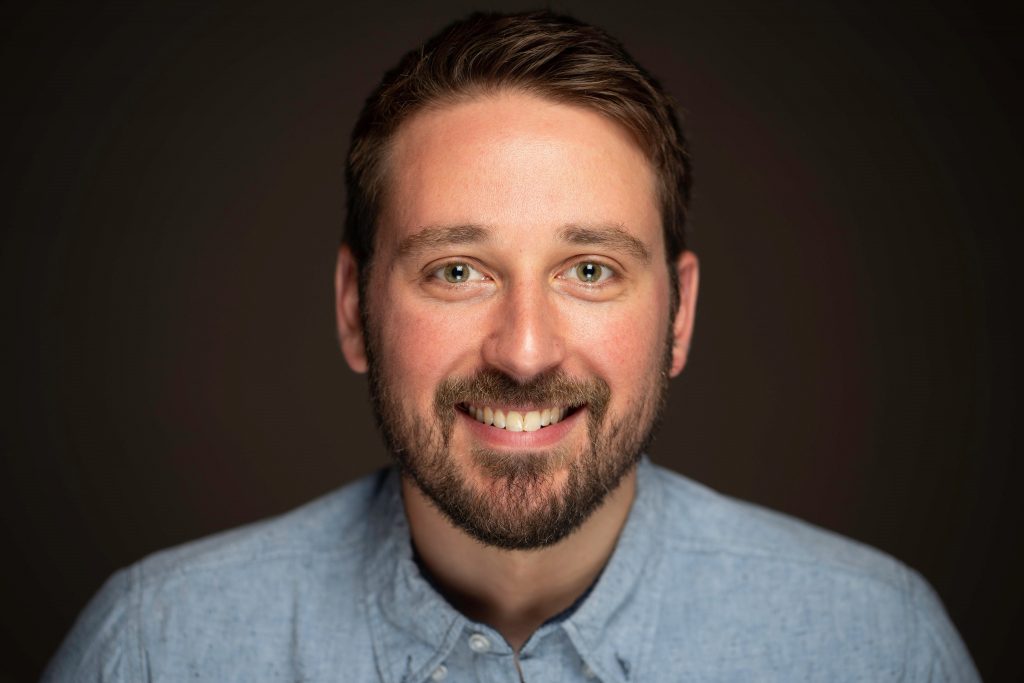
Mark Surette, Ph.D. P.E., is a Vice President at WSP USA, Inc. with more than 15 years’ experience investigating and remediating complex, large-scale contaminated sediment sites. Mark’s professional career centers on leading and participating in multidisciplinary teams conducting remedial investigations (RIs) and remedial designs (RDs) to address legacy contaminants (PCBs, DDT, PAHs, and heavy metals) in aquatic environments, while his research focuses on the analysis of emerging environmental contaminants (nano-/microplastics and engineered nanomaterials). Mark obtained his B.S. in Environmental and Civil Engineering from Clarkson University, his Ph.D. in Environmental Engineering from Oregon State University, and is a registered Professional Engineer in Washington and New York.
Kara Hitchko, Vice-President
Floyd|Snider
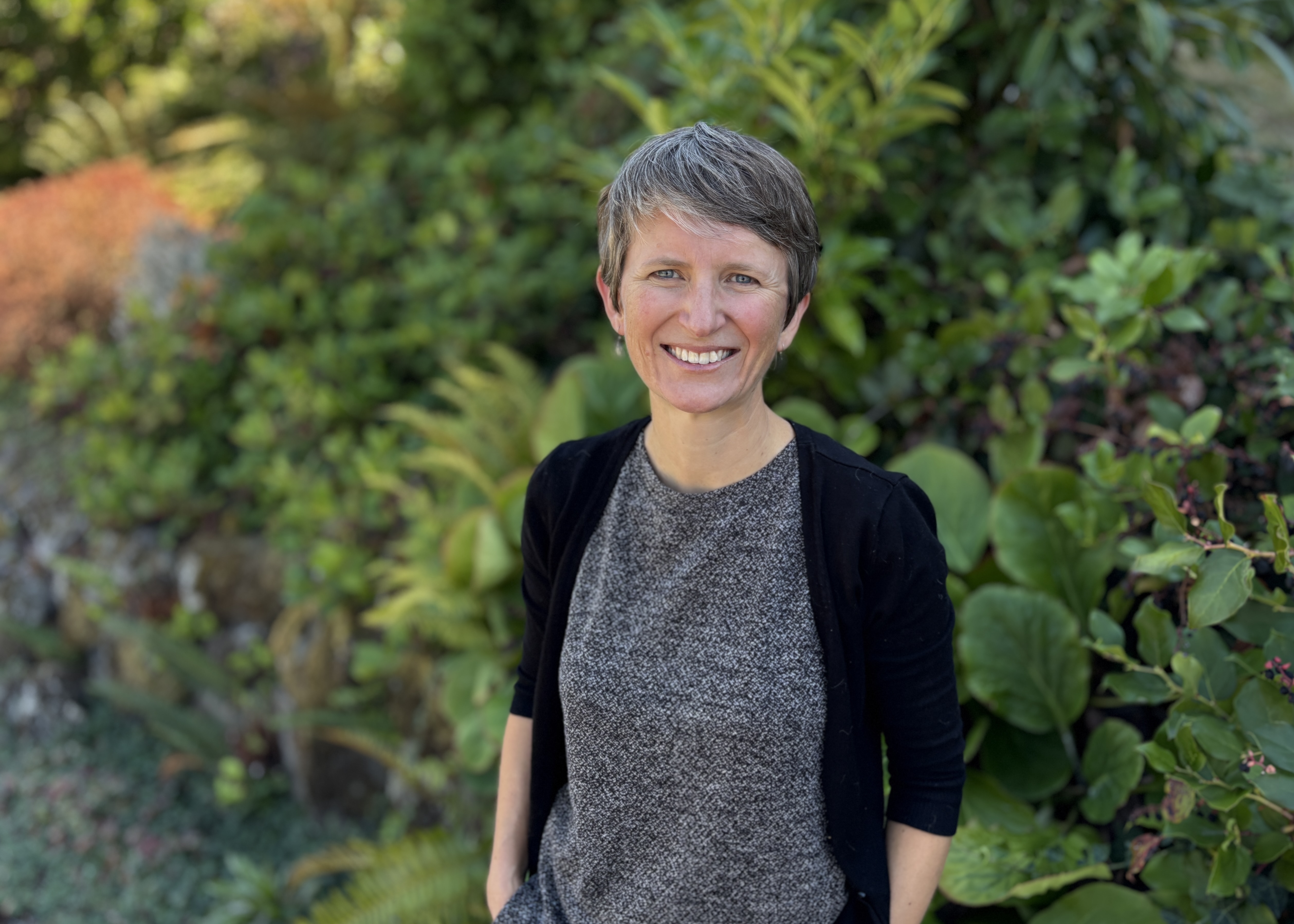
Kara Hitchko is an Associate Principal and Senior Environmental Toxicologist at Floyd|Snider with 15 years of experience supporting upland and in-water remediation projects across the Pacific Northwest. Her work focuses on the design and implementation of sediment investigations under CERCLA, MTCA, and the Sediment Evaluation Framework, including sample design, bioassay evaluations, and data interpretation. She plays a key role in the remediation of a former copper mine, where she manages sediment investigations, conducts biomonitoring, and supports long-term groundwater and surface water monitoring. Kara also manages PFAS groundwater and surface water monitoring for a local Port, helping to address evolving regulatory requirements for emerging contaminants. She earned her M.S. in Environmental Toxicology from Oregon State University and her B.S. in Environmental Science from Western Washington University.
Michelle Knowlen, Past President
EcoAnalysts, Inc., A Spheros Environmental Company
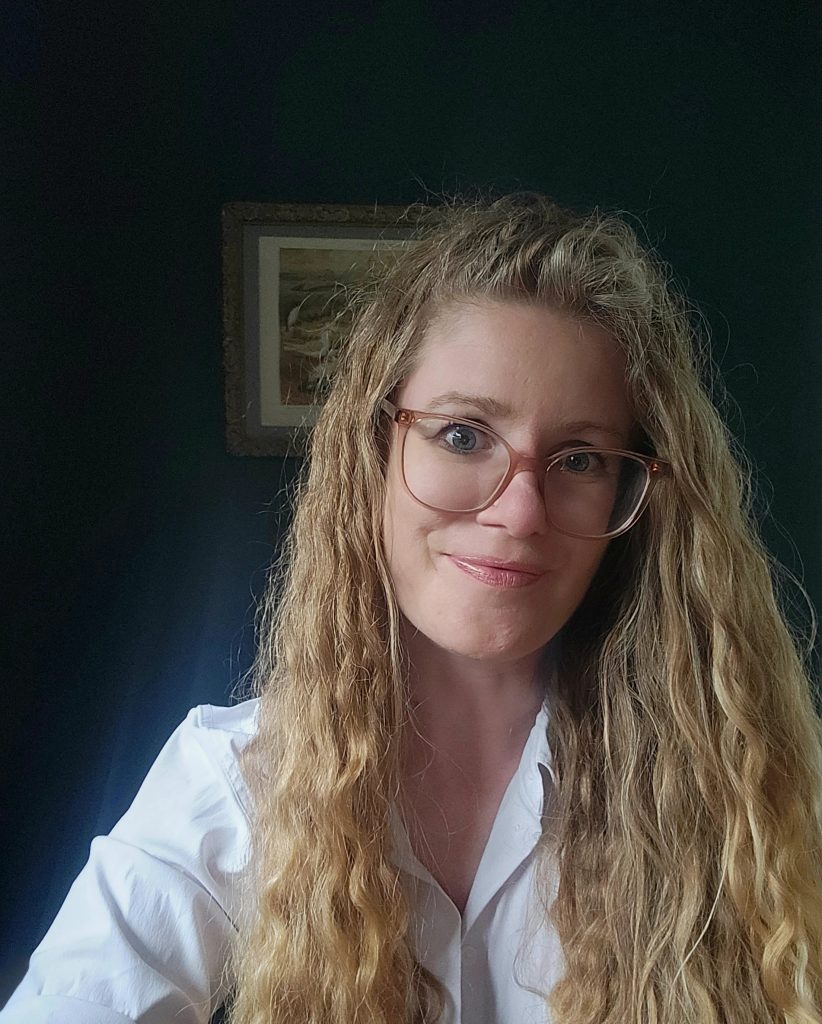
Michelle Knowlen is a Senior Aquatic Toxicologist and Benthic Ecologist at EcoAnalyst’s Ecotoxicology Laboratory in Port Gamble, WA. Her focus is on management and execution of sediment characterization studies for potential biological impacts, including evaluation of dredged material and cleanup sites, implementing investigative bioassays, and performing benthic community risk assessments. Many of her current projects are based in the Pacific Northwest and West Coast region but have included areas in the Northeast, Hawaii, and the Arctic. She earned her B.S. in Environmental Science with an emphasis on Marine Ecology from the University of Washington and has previously apprenticed with the WA State Department of Ecology Marine Sediment Monitoring Unit where she gained a love and appreciation for polychaete taxonomy. In her free time, Michelle enjoys traveling, hiking, kayaking, and painting.
Sara Hutton, Treasurer
GSI Environmental
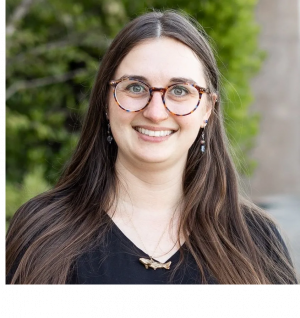
Sara Hutton is an Environmental Scientist at GSI Environmental where she works on site investigations, risk assessments, and internal research. She focuses on emerging contaminants (PFAS, microplastics, and 6PPD-quinone) and enjoys thinking about ways to improve data analysis and visualization. She received her BS from UC Davis in Environmental Science and PhD from Oregon State University in Toxicology. While at OSU she served as the PNW SETAC Student Representative and has been active in NA America SETAC committees in the past.
Gunnar Guddal, Communications Lead
Anchor QEA
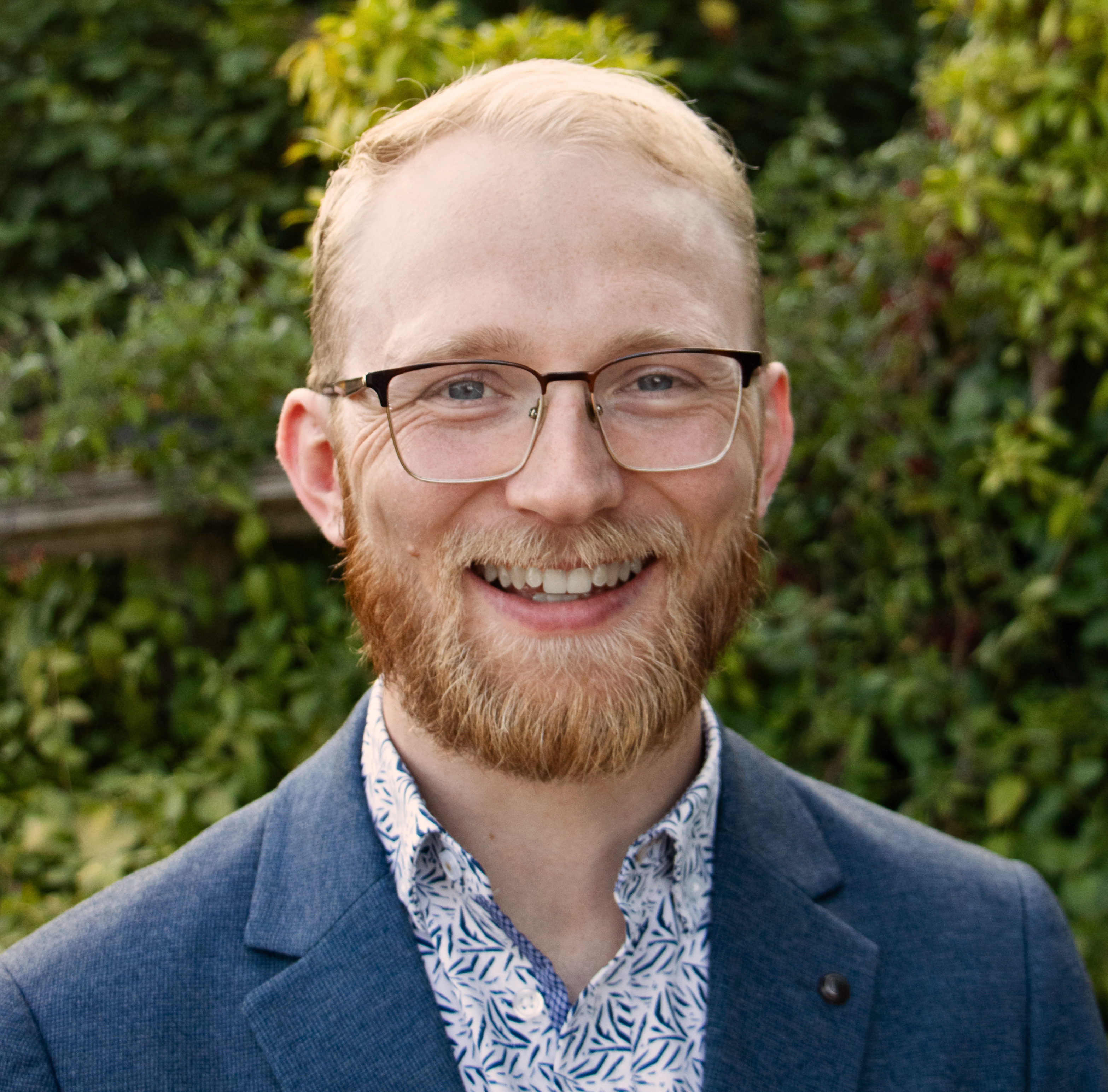
Gunnar Guddal is a Senior Scientist at Anchor QEA in Bellingham, Washington. Gunnar uses physical modeling, statistics, and machine learning to inform science-based decision making at contaminated sites – specializing in using automation tools to optimize environmental science workflows in modeling, analysis, and reporting. Gunnar was introduced to PNW SETAC in 2015 as an undergraduate and then graduate student in the Environmental Toxicology and Chemistry program at Western Washington University, and has since continued to participate in local, national, and international conferences. Outside of work, Gunnar enjoys exploring the outdoors with his family and meandering through niche technical hobbies.
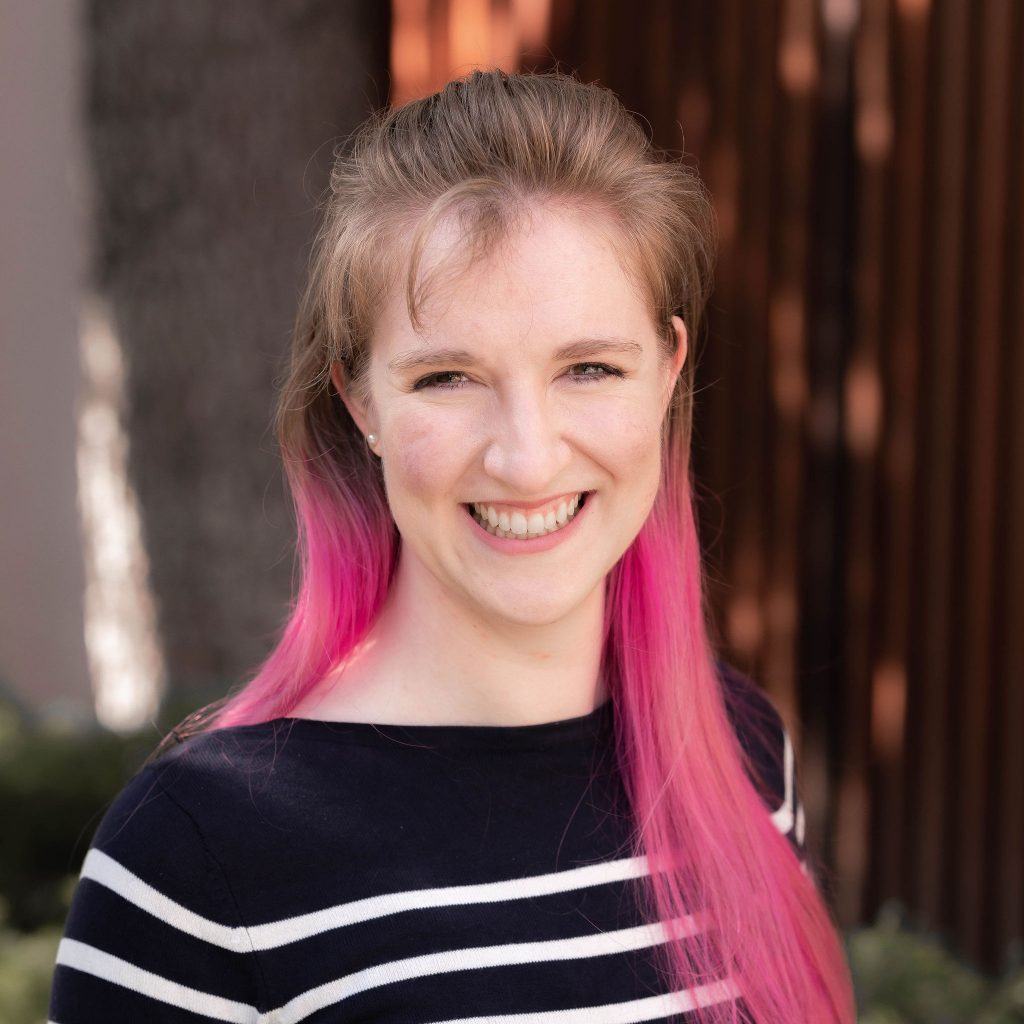
Claire Detering, At-Large Business
WSP USA, Inc.
Claire Detering is a Senior Toxicologist at WSP. She works primarily on statistical analyses that support the management of contaminated sites through site characterization, data visualization, and isolating concentration-response relationships out of complex datasets. Claire has a MSc in Environmental Toxicology and Chemistry from Western Washington University. In her spare time, she enjoys gardening at her home in Boise, ID.
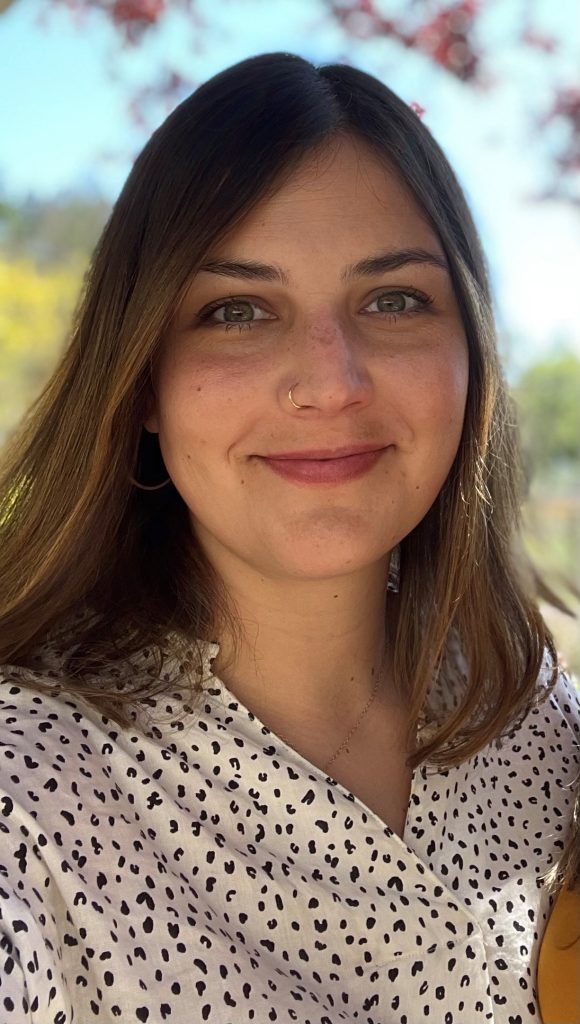
Kaley Major, At-Large Government
Oregon Department of Environmental Quality
Kaley Major is the toxics substances specialist for the Water Quality Standards Program at the Oregon Department of Environmental Quality (DEQ) in Portland, OR. She also teaches Ecological Toxicology as an adjunct at Portland State University. Kaley moved to the Pacific Northwest to complete a postdoc in the Environmental and Molecular Toxicology Department at Oregon State University. Before that, she obtained her Ph.D. in Environmental Science at the University of Massachusetts Boston and her M.S. in Natural Resources and Environmental Sciences at the University of Illinois at Urbana-Champaign. Throughout her career, Kaley has experience working with pesticides, endocrine disruptors, heavy metals, microplastics, nanoparticles, and other contaminants of emerging concern. She values the collaboration and information sharing fostered by PNW-SETAC as academics and regulated entities seek solutions to the complex problems caused by chemical contaminants in the PNW. Kaley enjoys hiking, good coffee, cats, fiber arts, soap-making, and attempting to preserve all the great food her husband Steve manages to grow in their garden.
Julie Layshock, At-Large Academia
Oregon Department of Environmental Quality
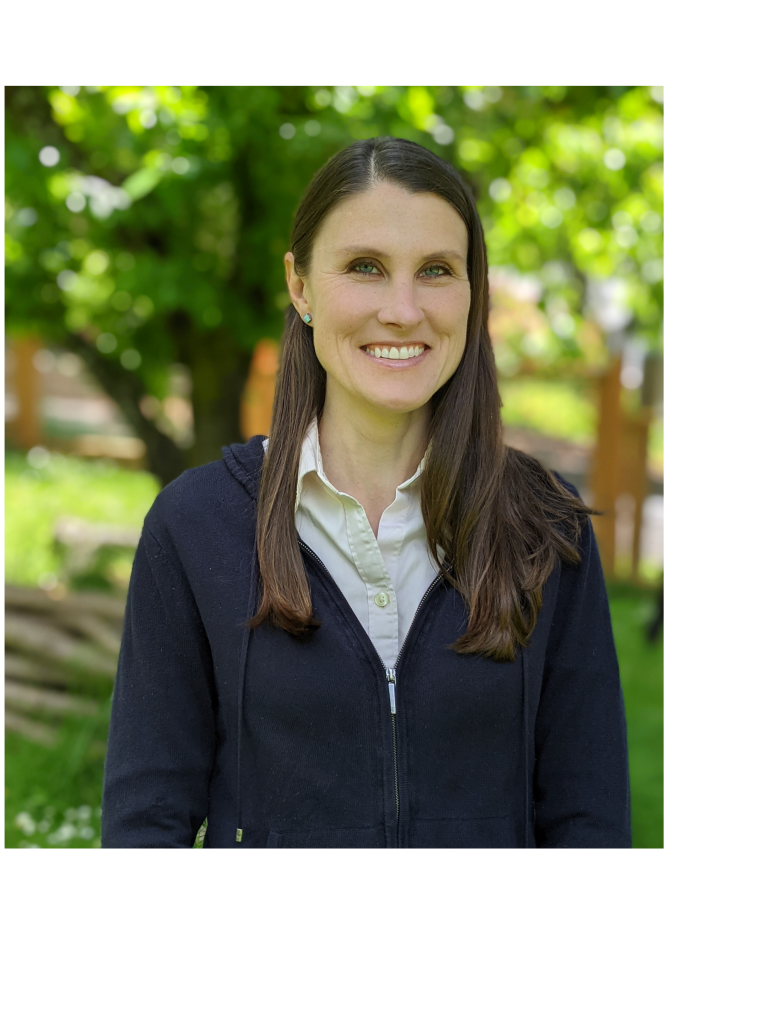
Julie Layshock is an environmental analytical chemist and Natural Resources Scientist with the Oregon Department of Environmental Quality’s Cleaner Air Oregon program. She has over 20 years of experience in contaminant research and environmental monitoring with previous roles as a tenured Associate Professor of Chemistry at Pacific University, a Fulbright scholar at the University of Porto, a Principal Research Scientist at Battelle Memorial Institute, and a postdoctoral fellow at Los Alamos National Laboratory. She earned her Ph.D. in Environmental Toxicology from Oregon State University.
Anastasia McConachie, At-Large Student Representative
Washington State University/Puyallup
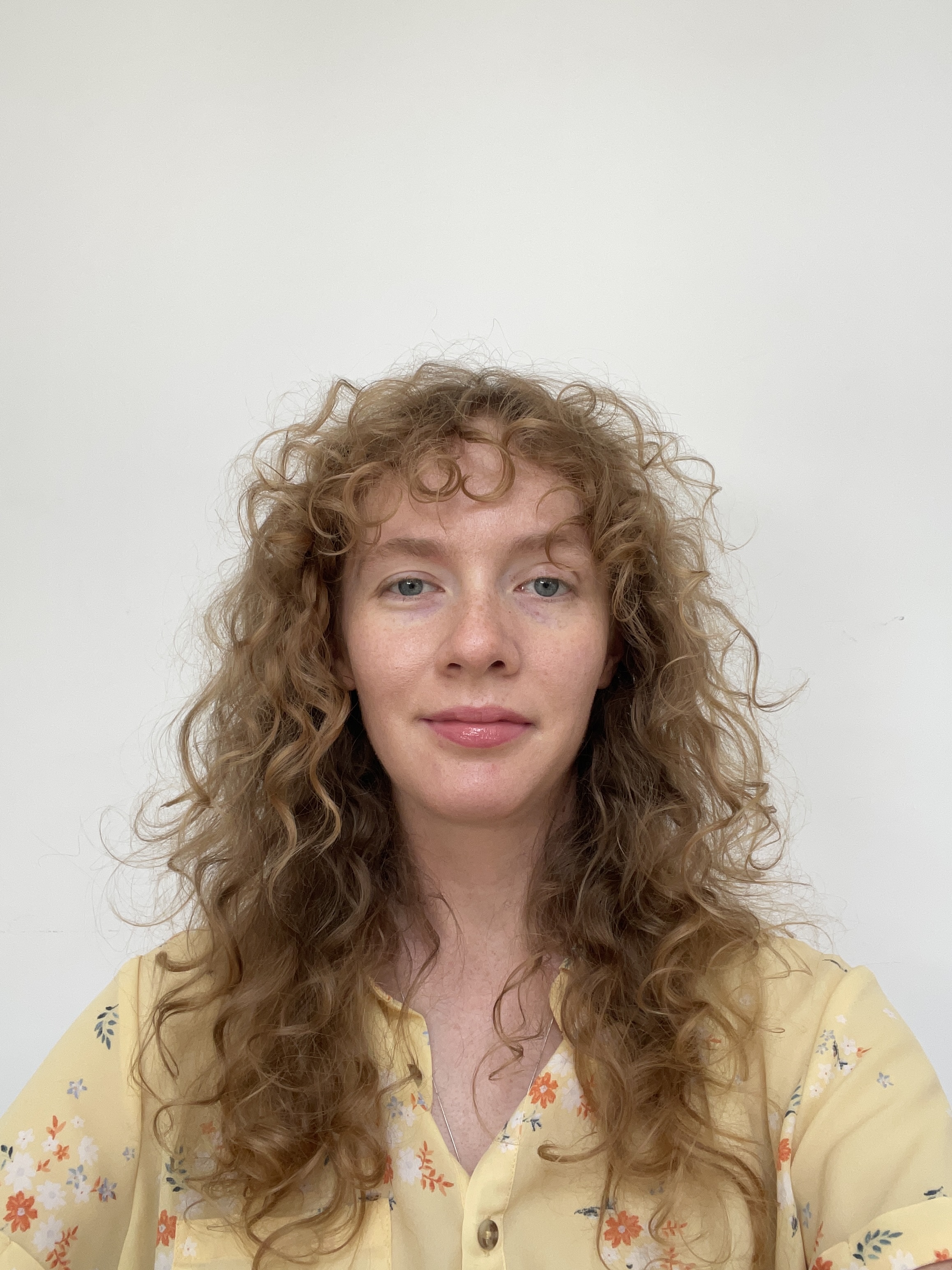
Anastasia McConachie is a Ph.D. student in the Aquatic Ecotoxicology Program at Washington State University, working under the guidance of Dr. Jen McIntyre at the WSU Puyallup Research and Extension Center. Her research focuses on determining LC50 values for chemical alternatives to 6PPD, including both parent and quinone derivatives, using coho salmon as a sentinel species. She conducts a mix of 24- and 96-hour exposure studies to assess acute and sublethal toxicity. With a background in cell and molecular biology, Anastasia is also interested in understanding immunological and mechanistic responses to chemical exposure. She is passionate about strengthening the role of science in shaping environmental law and policy, and hopes to support PNW SETAC by connecting with others who care deeply about translating research into action. Outside of the lab, she enjoys catching performances at Dimitriou’s Jazz Alley and the Seattle Opera, as well as going out for day hikes when the weather allows.
You can access descriptions of Board officer and member roles HERE.